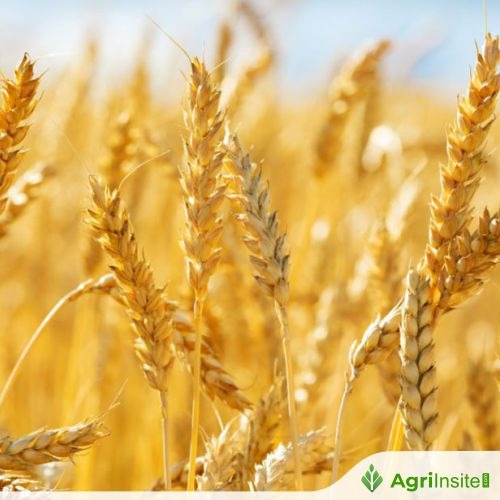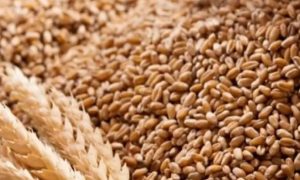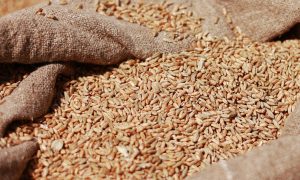Lower wheat harvest in the UK did not lead to higher prices

The UK wheat market stayed subdued in October despite a smaller-than-expected 2025 harvest. Defra and AHDB reported production at around 10.6 million tonnes, with yields falling to 7 t/ha due to spring and summer droughts. Milling wheat premiums declined amid ample stocks, while global crop prospects and trade uncertainty kept prices under pressure. Barley output is also down to 4.2 million tonnes. Farmers face financial stress and call for investment in climate-resilient and sustainable agriculture.
The UK wheat market remained subdued in October, despite a smaller-than-expected harvest. Wheat production in 2025 was lower than previously forecast, according to Defra and AHDB, but this did not lead to a rise in prices. London wheat futures opened at £167.45 per tonne for November delivery on 15 October, little changed from September.
Hectare said that milling wheat premiums were falling due to ample grain stocks and the high quality of the new crop. A weaker pound sterling provided some support, but the overall market sentiment remained bearish. Exporters said global wheat stocks remained high and export demand was limited amid trade uncertainty.
Defra’s preliminary estimate for this year’s wheat crop in England is around 10.6 million tonnes, just 4.9% above last year’s record low. Despite a 9% increase in the area under cultivation, drought in the spring and summer has reduced average yields to 7t/ha, compared to AHDB’s forecast of 7.6t/ha. Experts say the decline in wheat, barley and rape is partly due to the introduction of environmental schemes, including the Sustainable Farming Incentive (SFI).
Openfield’s head of research Cecilia Price said global crop prospects were putting additional pressure on prices and many farmers were struggling to cover their costs. Tom Lancaster, of the Energy and Climate Think Tank, added that three of the five worst harvests of the decade had been linked to extreme weather events. He believes that government and business must urgently invest in the sustainability of the agricultural sector – improving soils and developing climate-friendly farming.
According to Defra, barley production in England will fall to 4.2 million tonnes in 2025 – 14% less than last year. Although the yield of winter barley increased to 6.5 t/ha, losses due to weak spring barley (5.0 t/ha) offset the overall result. Experts note that dry weather has reduced the quality of some batches, and low grain prices are increasing financial pressure on farmers who face a shortage of working capital ahead of the new sowing season.
To Read more about Wheat News continue reading Agriinsite.com
Source : Ukr Agro Consult
















